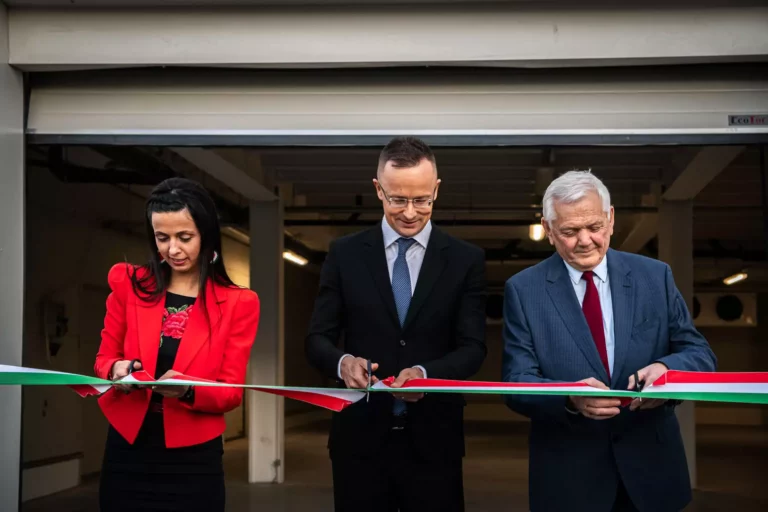industrial
Good news came from the Hungarian economy – UPDATED

Industrial output up 4.5 pc yr/yr in Feb – UPDATE

FM inaugurated two Hungarian factories, creating 260 jobs

HUF 650m medical equipment plant inaugurated in Hungary

Hungary’s industrial output up 8.9% in January
Hungary’s situation in the light of current events – Orbán’s speech (Part 2)

Hungary’s largest hotel was opened for refugees from Ukraine

Hungarian minister meets Electrolux, Ericsson heads in Stockholm

Foreign Min: 2021 the most successful year since 1990

German car parts manufacturer creates 720 jobs with EUR 140m investment
German company group Rehau Automotive has invested 50 billion forints (EUR 140m) in a new polymer car parts manufacturing plant...
Turkish Sisecam receives €1.8 million grant from Hungarian state

Bruce Willis renews contract with Hungarian brand

Hungary’s industrial output grew by almost 10 pc in 2021
Factory gate price rise in Hungary accelerates radically in December
EBRD supports Solus copper foil plant in Hungary

Brutal factory gate price increase in Hungary

Hungarian art movement created the largest wall painting in Central Europe
Industrial output in Hungary dropped by 3.4 pc





 ZH
ZH IT
IT DE
DE HR
HR NL
NL FR
FR JA
JA RO
RO RU
RU ES
ES TR
TR
